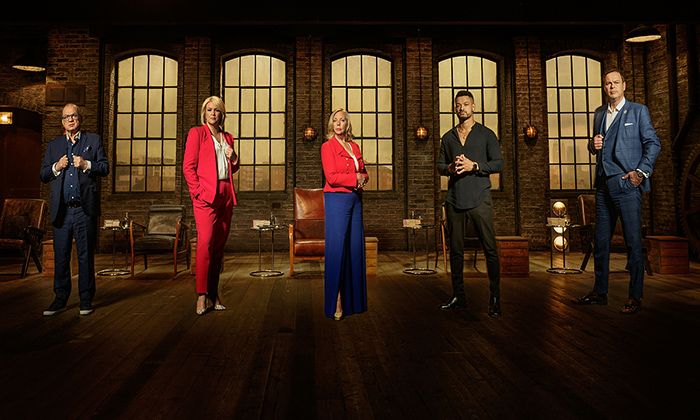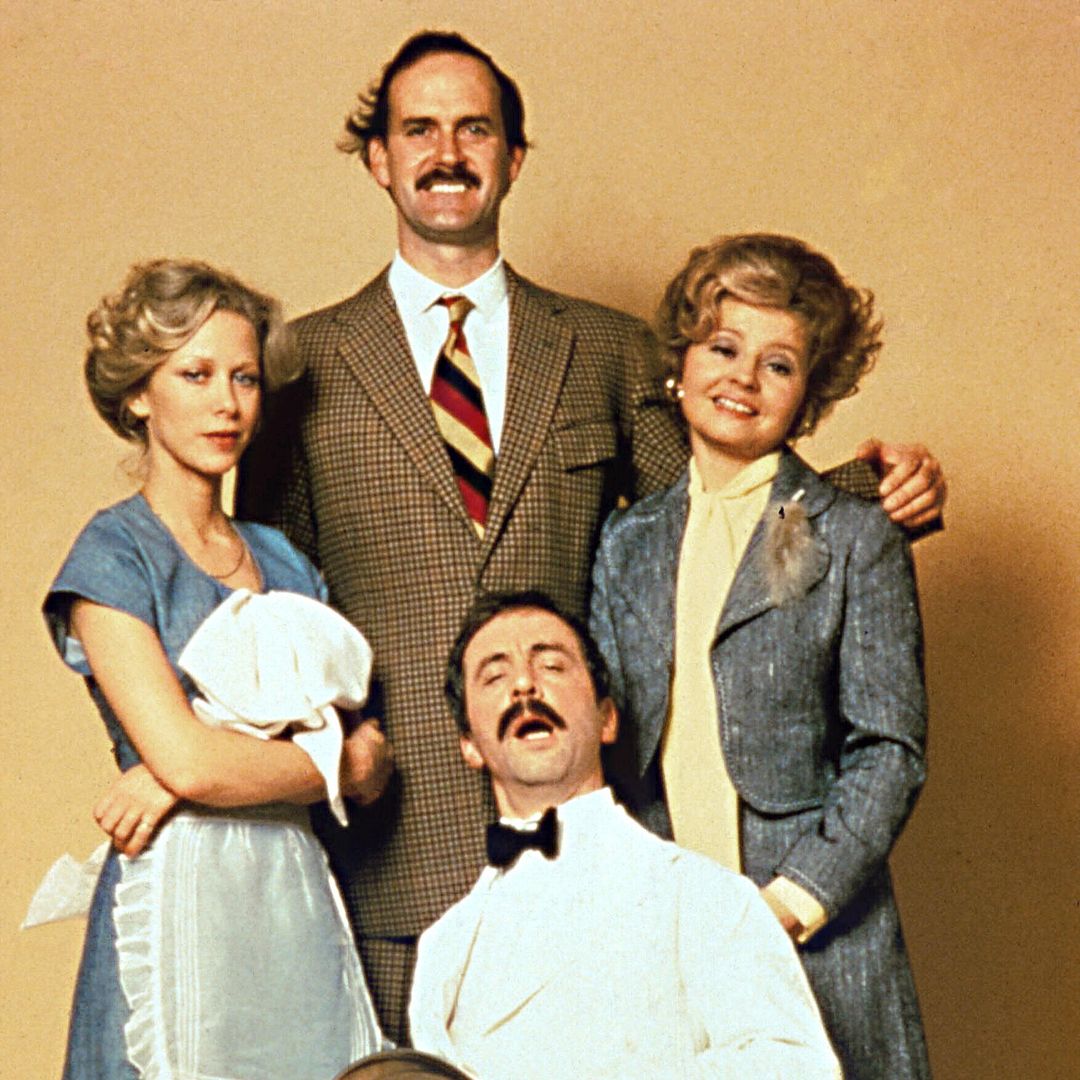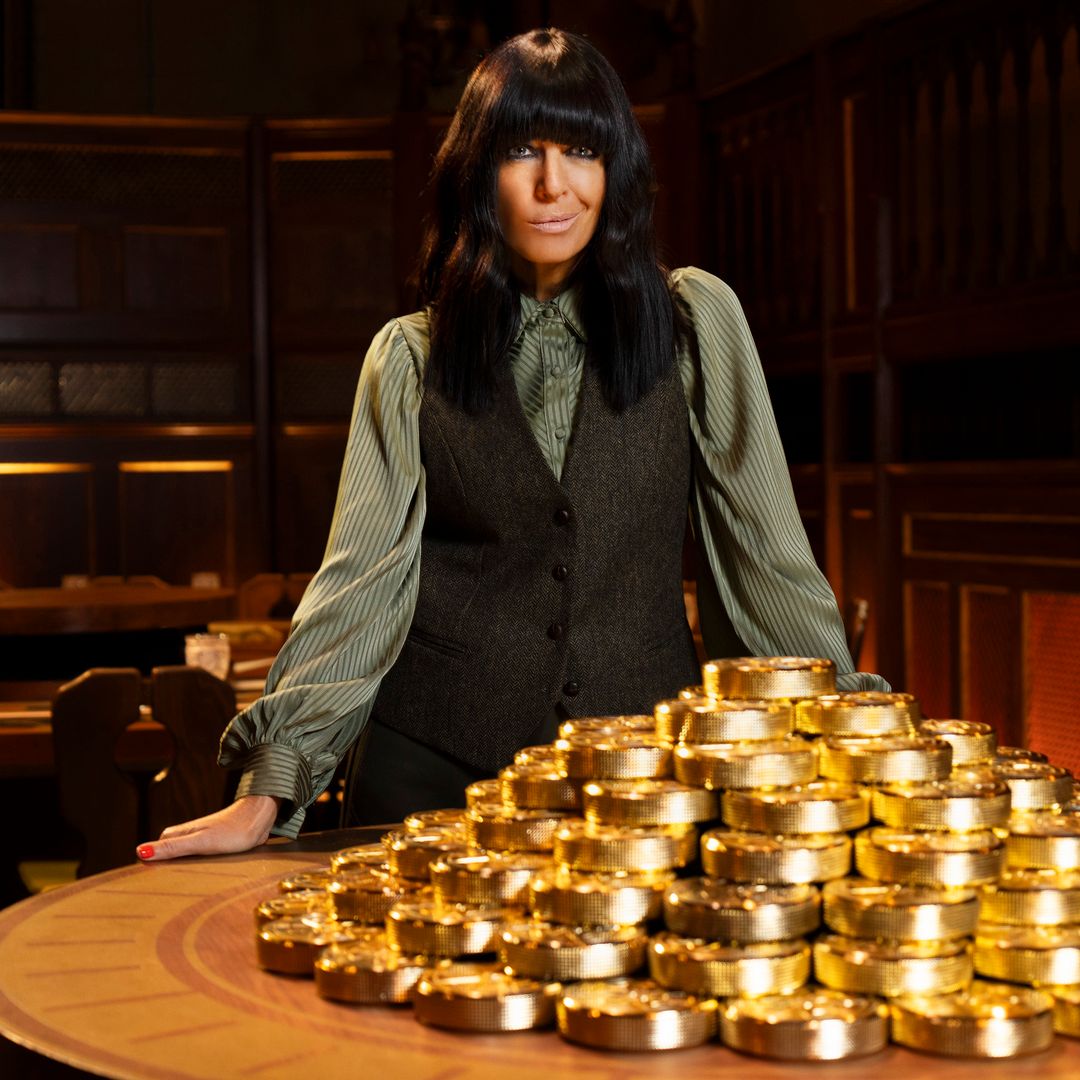Dragons' Den has been a launching pad for some incredibly successful businesses and over the BBC show's 17-year history, the dragons have invested millions into the businesses of hopeful entrepreneurs.
MORE: All there is to know about Dragons' Den star Steven Bartlett's love life
But did you know that not all the deals shown on the programme actually go ahead? Peter Jones, the only investor who has been with the show since the very beginning, has opened up about what really happens after the cameras stop rolling…
WATCH: Former Dragons' Den star Duncan Bannatyne's proposal details revealed
It's previously been reported that nearly half the money pledged by the likes of Peter, Deborah Meaden, Sara Davies and Touker Suleyman on the show never actually exchanges hands.
MORE: Dragons' Den: The real reason why Duncan Bannatyne, Tej Lalvani and more left
MORE: Dragons' Den millionaires and their plush homes: Sara Davies, Steven Bartlett and more
Setting the record straight as to why this happens, multi-millionaire investor, Peter told the BBC last year that a lot of the time, deal destroying issues that weren't immediately present start to emerge after you see the dragons shake hands with their new business partners. "You go through it with a toothpick… that's where these things fall down," he said.
He explained that there are many reasons as to why successful deals fall through, including entrepreneurs inflating their sales figures or providing other wrong information during their pitch.
Peter has opened up about why a lot of the deals shown on the programme fall through
"I'm not saying the entrepreneur is trying to tell us things that aren't true, but through excitement or being unprepared, their numbers maybe got a bit mixed up in their head," Peter said.
He continued: "That's 90% of the reasons why things in the Den fall through, but there's another part of it. Sometimes people come into the Den, get a deal, and think, 'We're on TV, that'll be great for my product,' and they drag out the due diligence.
Are you a fan of the investing show?
"They're thinking that if they can get their product on air they'll get fame, and maybe won't even need a Dragon, which is disappointing, but does happen."
While the BBC do some due diligence before they allow contestants to pitch in front of the dragons, the dragons themselves also check over business plans and have legal teams draw up new contracts before any money is handed over.
MORE: Dragons' Den: How Peter Jones, Deborah Meaden and more made their fortunes
It's what proved fatal for several companies, including Vitiliglow, a make-up product for sufferers of skin condition vitiligo pitched by Polly Gotschi and Rugged Interactive, a fitness games platform pitched by Simon Heap, as well as many more. The entrepreneurs walked away with thousands of pounds worth of investments from the dragons which never transpired due to disagreements behind the scenes.
A BBC spokesman explained: "All the successful entrepreneurs enter into the normal period of rigorous due diligence with the dragons once a deal has been struck and, as is often the case in the real world, deals can fall through."










